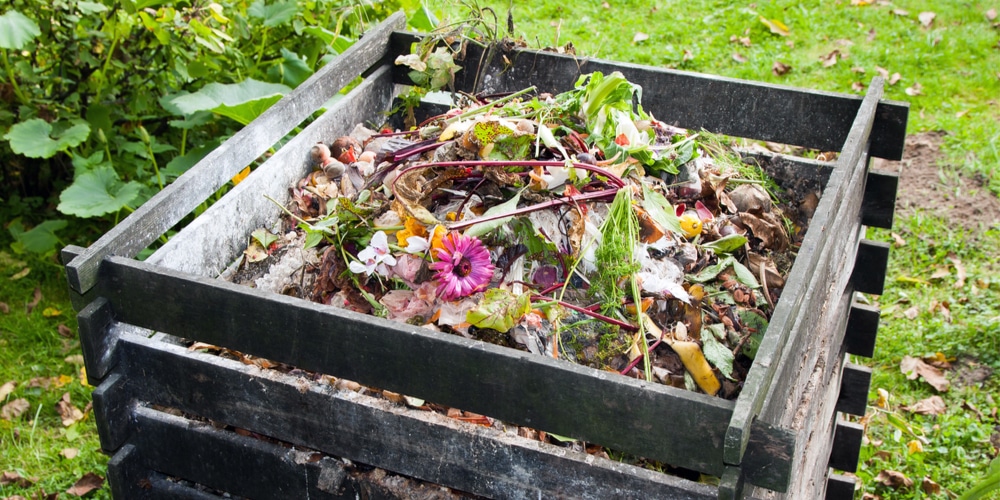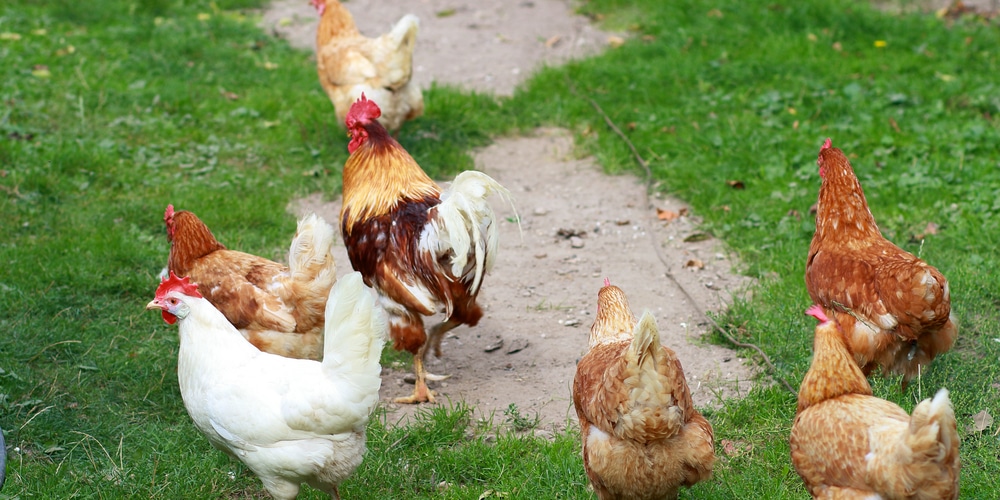All gardeners know that replanting annuals can be something of a chore. But some of the best (and easiest to grow!) vegetables require replanting yearly, and zucchinis are among them!
Because zucchini die off after a successful season of growing and producing fruit, removing the plants from your garden is important. Let’s tackle the question of what to do with the old plants and provide some viable options to utilize your garden to its fullest!
So what exactly should you do with zucchini plants at the end of the season?
Compost Your Zucchini Plants
Composting is one of the easiest and most practical ways to get a final use out of your old zucchini plants. Composting your zucchini plants adds a variety of nutrients to the compost soil, which makes for healthier plants next year.
At the end of the season, pull the zucchini plants out of your garden and throw them into your compost pile. Before you do so, make sure to inspect them for diseases or pests. If you transfer both into your compost, you’ll also spread them to your healthy plants. After clearing out the zucchini plants, you’ll have room to prepare new plants for next year or cold-weather plants.
If you’re planning on composting your plant, make sure that it dries out before reintroducing it to the soil to fertilize next year’s crop.
Throw the Plants Away
If you don’t have a compost pile or you’ve inspected your plants and they have some signs of disease or pests, your only option is to throw the plants away with the rest of your organic garbage.
Feed Farm Animals
This is a more specific option that does not apply to all gardeners. If your plants are done fruiting for the year, you can pick them and crop up the green vines and any other leftovers for animal fodder. It can be a great additive for goats, chickens, sheep, cows, and more.
Dry and Burn the Leaves
An unconventional option is to pull the leaves off the vines and dry them for burning. Before the first frost, pull the plants and let them dry in the sun. Pull the leaves off the vines and safely burn them. Then, use the ashes in your garden as a natural pesticide. But, make sure only to use it sparingly.
When to Throw Away Zucchini Plants?
As a gardener who enjoys growing zucchini, you may wonder when is the best time to throw away the plants. Or, does leaving your plant in the ground save you a step in composting?
Since zucchinis are annuals, it does your garden no good to leave them in the ground. If you don’t pick them out of the ground, they will rot and be even worse to dispose of in the spring when it’s time to plant another crop.
The best time to throw away zucchini is after the plant has stopped fruiting. You’ll want to harvest the vegetables when they’re five to seven inches long, usually around 50 days after you planted them. If the plant is no longer producing fruit, you can pull it out of the ground, add it to your compost or dispose of it in another way. If you’re unsure but notice that the zucchini plant’s leaves look pale yellow, it’s time to throw it away.
In Conclusion
Gardening is a beautiful way to be resourceful and cultivate new skills. If you want to make the most of your effort in your garden, don’t waste your zucchini plant scraps after harvesting!
The best use for old zucchini plants is to compost them because it adds a variety of nutrients to your compost. If you don’t have a compost bin, you can feed them to your farm animals or dry the leaves and burn them to make ash fertilizer for next year’s garden.

